Today someone asked me which candidate I was voting for -- Clinton or Obama. So I tried to explain that I didn't actually need to make this decision as I'm not registered as a Democrat and in DC you must be a member of the party to vote in the primary. Blank stare was returned. "But this is your presidential election -- you don't get to vote for president?" No, no, I do get to vote for president, but I don't get to vote for the candidates -- this is just our primaries to choose the candidates, the actual election is in November. Another blank stare. "Aren't the candidates Obama and Clinton?" Um, those are candidates for the Democratic nomination. They have to be chosen by their party first. There will also be a Republican candidate and maybe one or two smaller party candidates who have no chance.
It was then that I was reminded the U.S. political system is unnecessarily complicated. I don't even want to think what will happen if someone asks me to explain the electoral college.
A. from a northernish city is staying in the house this week (I'm not giving specifics because honestly I don't know who reads this and I don't want to get her in trouble). I know I spent a great deal of time complaining about the random people who stay in our house, but I like A. She does actually take her shoes off when she enters the house, she doesn't make the toilet seat overly wet and she is willing to talk to us.
Her northernish city is in the area of Sri Lanka where there is a bit of strife. A. is a Christian Tamil and it was interesting to hear her side of this conflict. The thing that always stands out when talking to Sri Lankans about the conflict is that it really is a minority who believe in the 'reasons' for the conflict. Most Tamils and Sinhalese actually like each other and see no reason to fight. It is a very small number of Tamils and the Sri Lankan government that have kept this country in constant terror for nearly 30 years. And I have to wonder why the people allow it to continue (particularly in light of the end of the cease fire -- more to come on this topic).
But I'm not as surprised by public apathy as I used to be. In Kazakhstan I was completely amazed that people would sit quietly by while their government wasted money and then neglected to pay salaries. Now I know that apathy is easy. O.k. maybe not easy, but easier than protesting and not being heard. I feel terribly beaten by the fact that the U.S. entered the war in Iraq. Two years after Katrina and you don't hear about how the Army Corps of Engineers needs to be reformed or that our emergency response system needs review. Now that every scientist in the world (except two) agrees climate change is happening and we can actually do something to avert it, the U.S. chooses to do nothing. I can only hope that as this last decision affects the world the world will speak up against our apathy.
Meanwhile, on the other side of the world, chaos reins supreme. The cease fire is not just the end of an under-utilized piece of paper. People are actually scared to death of what this will mean for Sri Lanka. A. said that people are not leaving their homes at night and no one will even open their windows after dark. She said it is expected that if a window is open a gun will be pointed inward requesting the household jewelry. This is generally targeted at Tamils and is the practice of the Army. When the cease fire is officially ended on Jan. 16 the monitoring commission will leave and for some odd reason, people believe in the monitoring commission. Now there will be no one to report when bombings happen and people are killed.
The Cheapest Products
-
Free Shipping NEW USB 3.0 SATA 3 Cable Sata to USB Adapter Up to 6 Gbps
Support 2.5 Inches External SSD HDD Hard Drive 22 Pin Sata III Cable
Promo Mainboard...
6 years ago

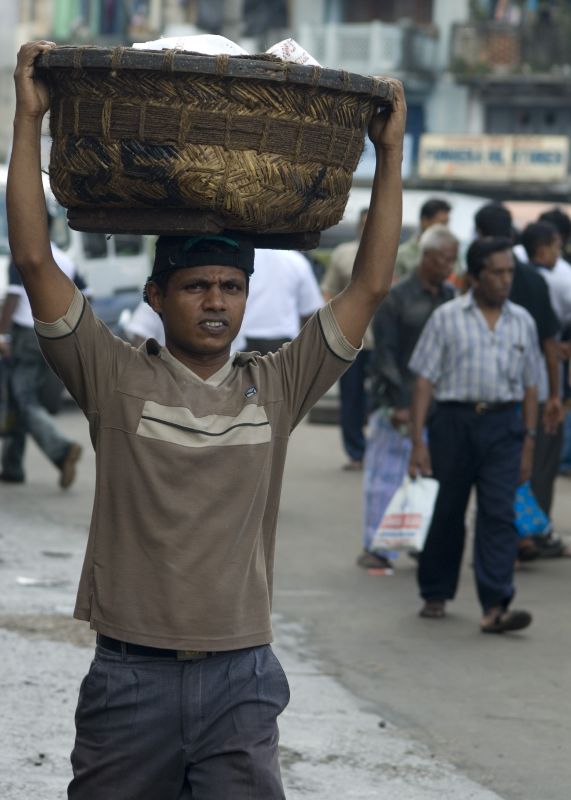






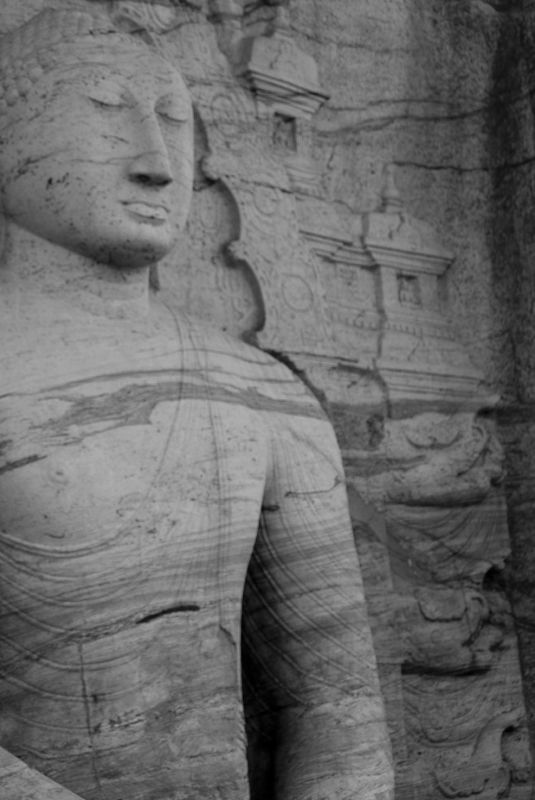








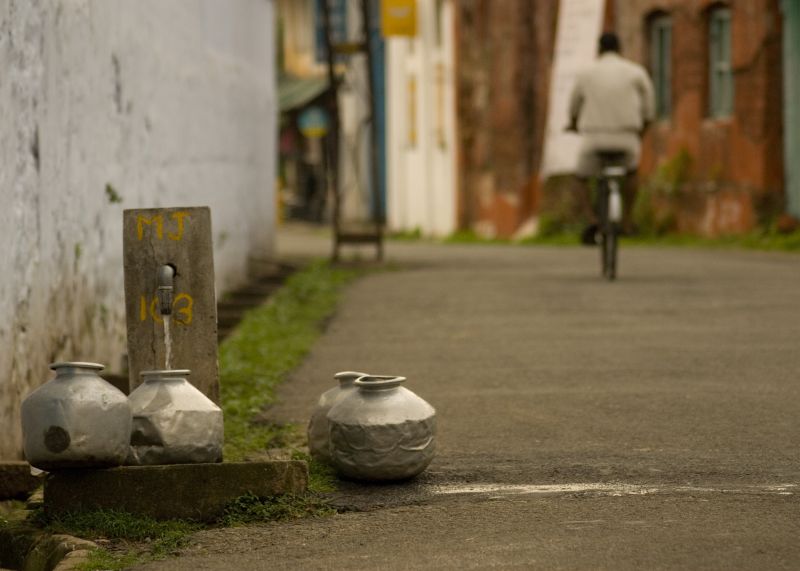









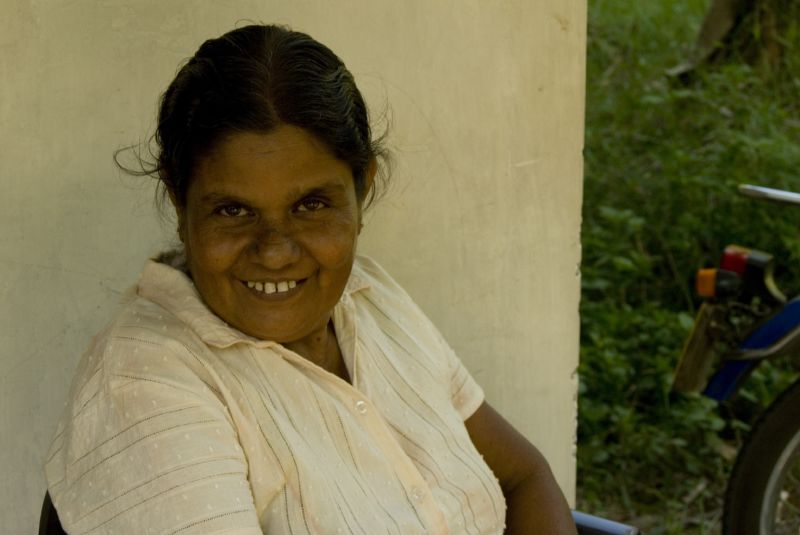
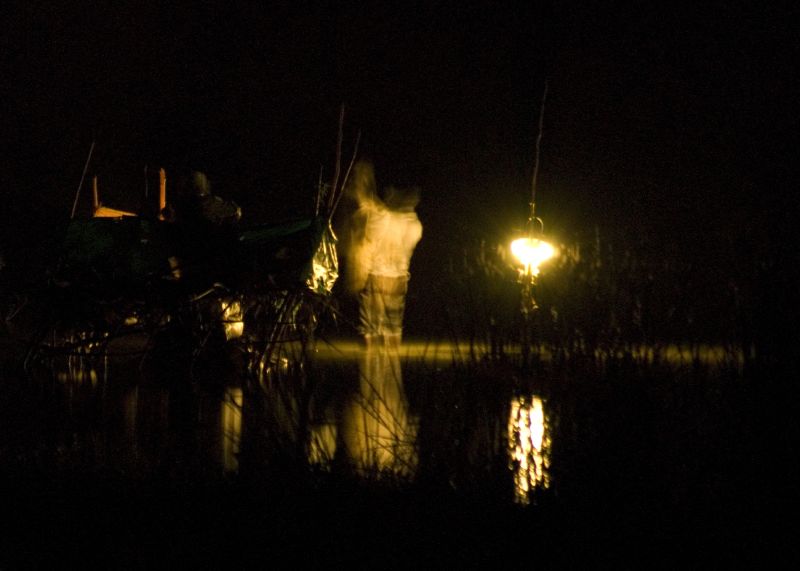






























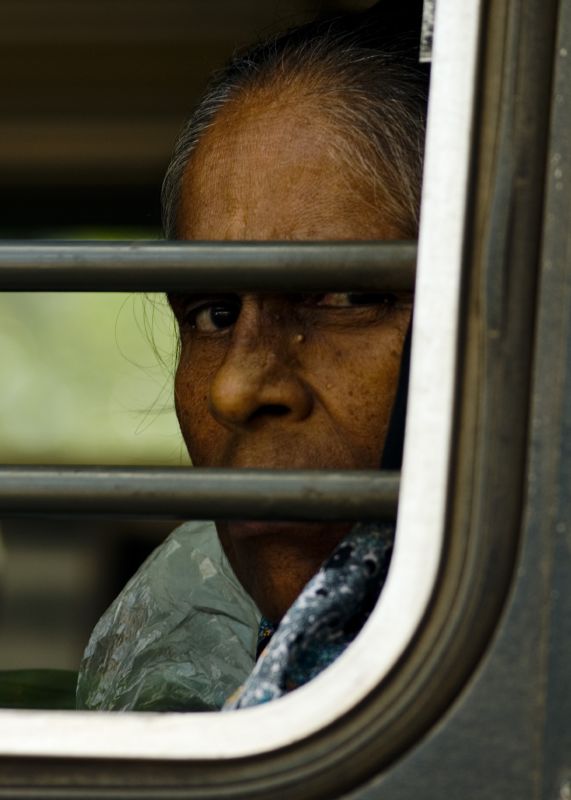
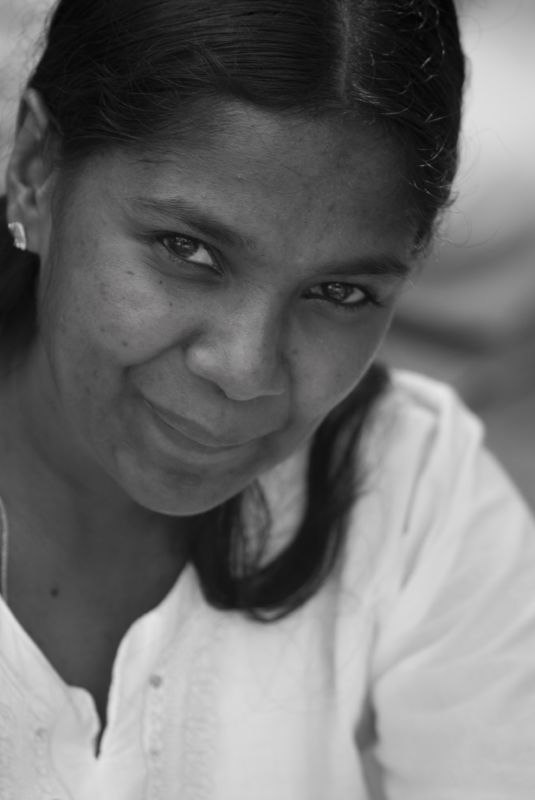

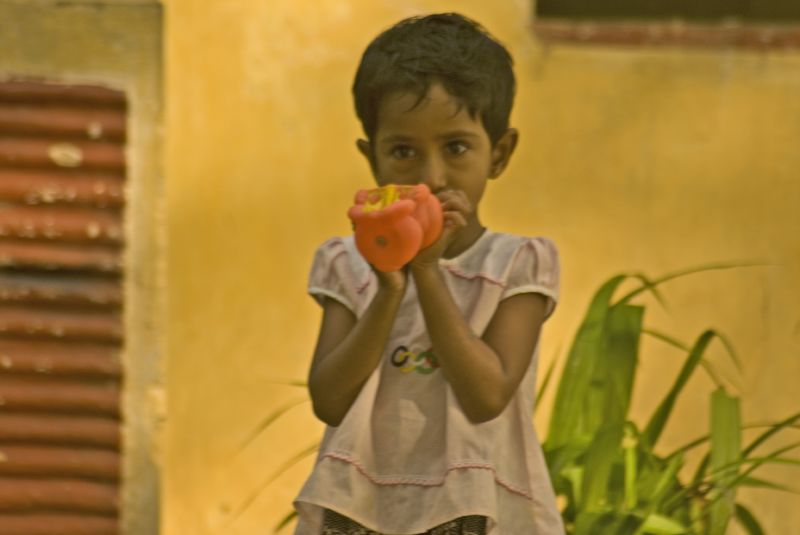

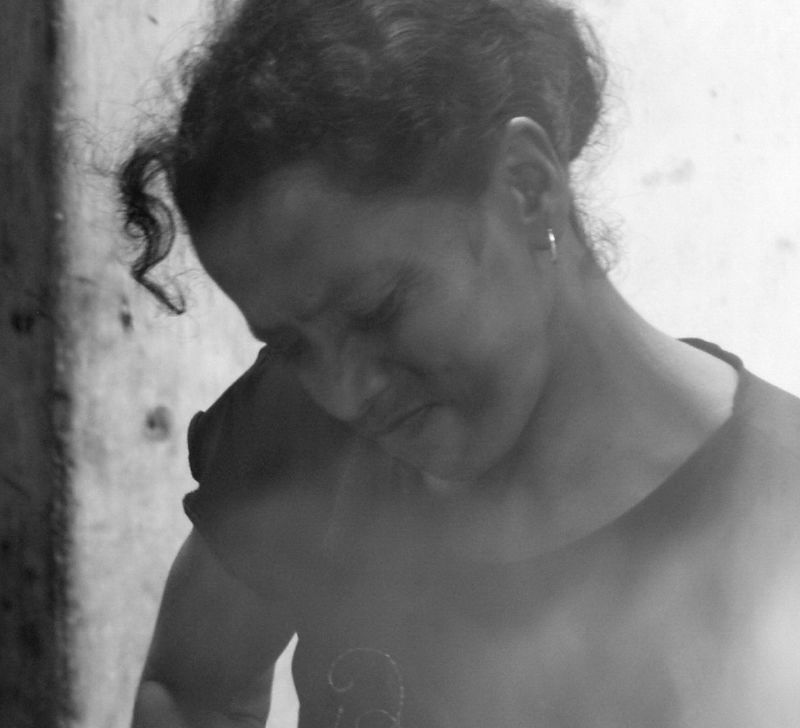



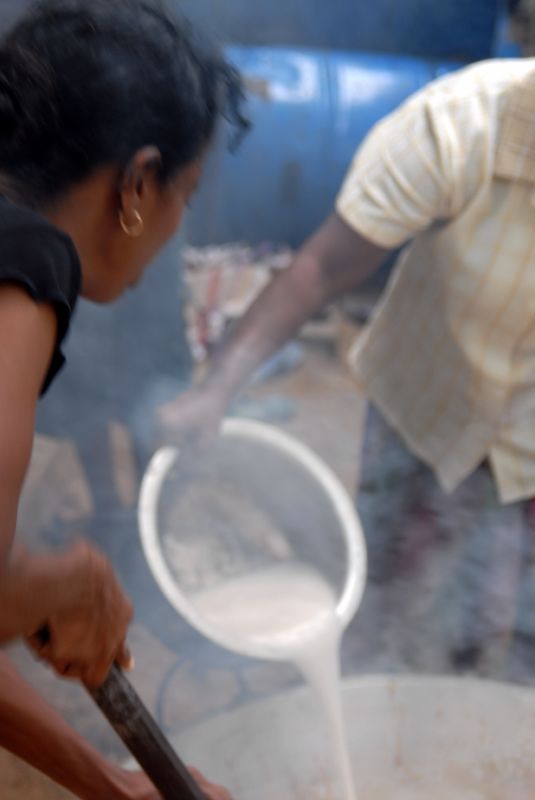
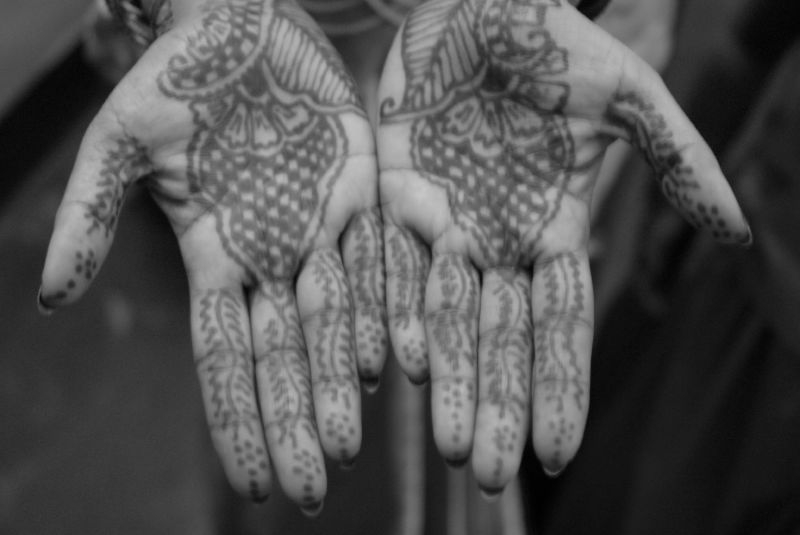




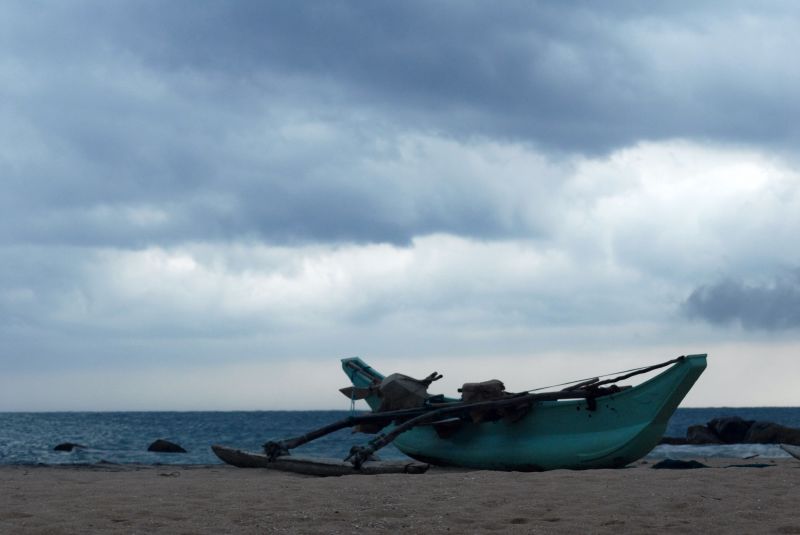
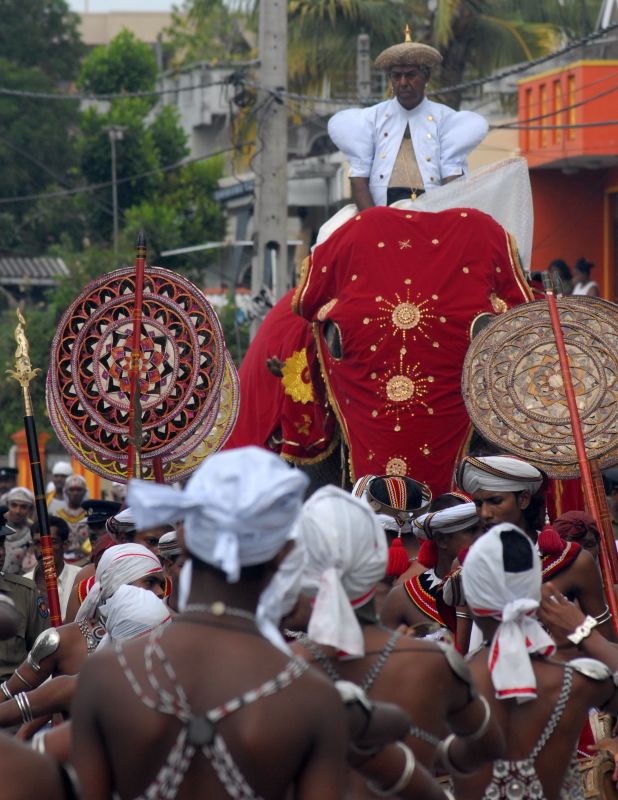
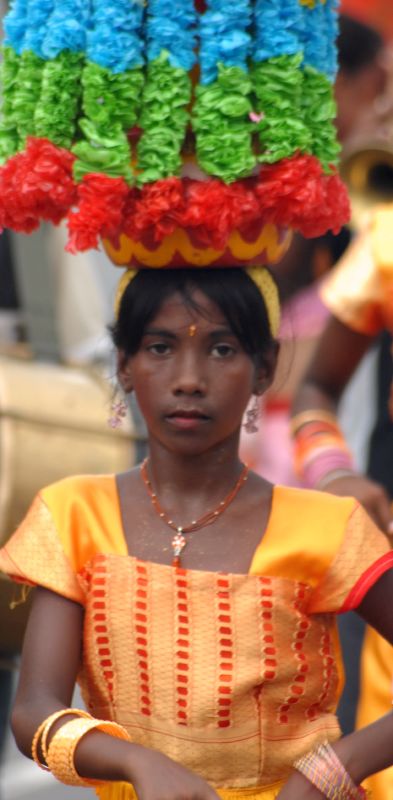
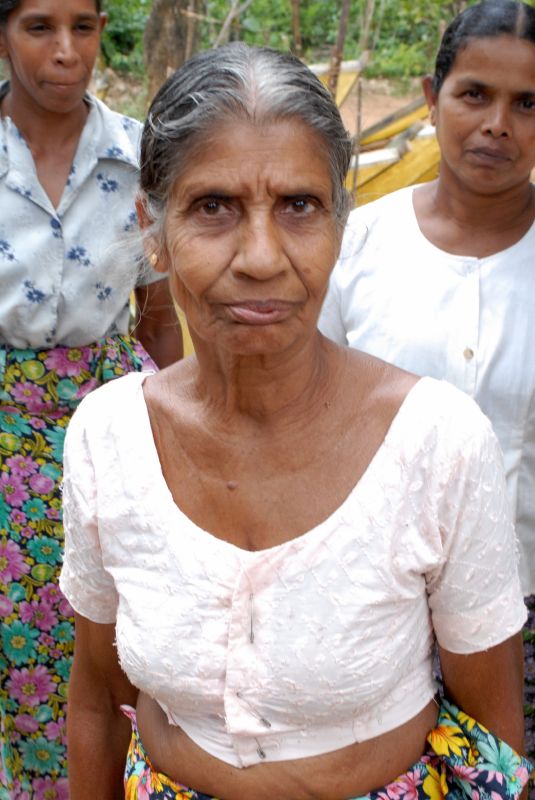

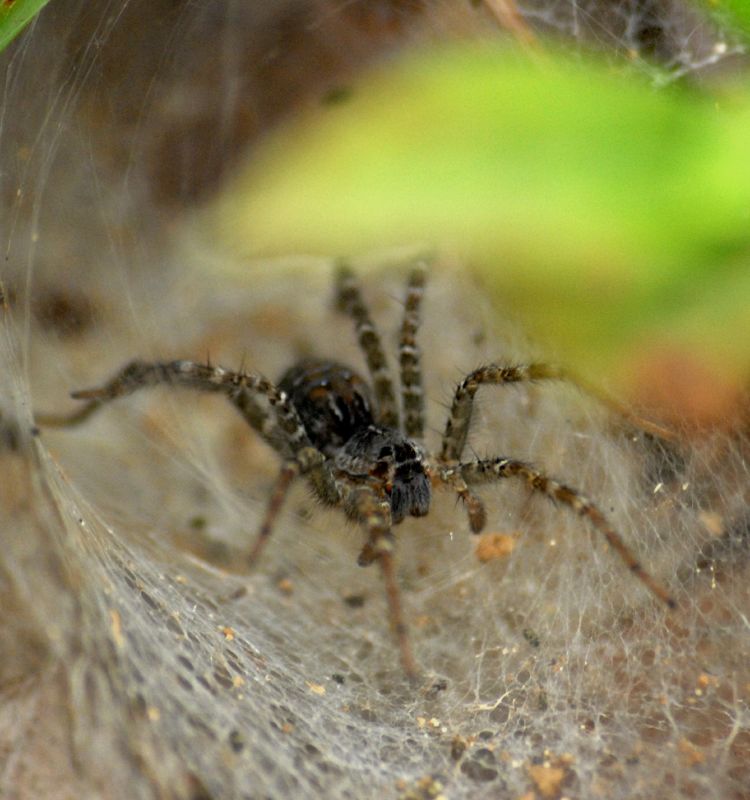
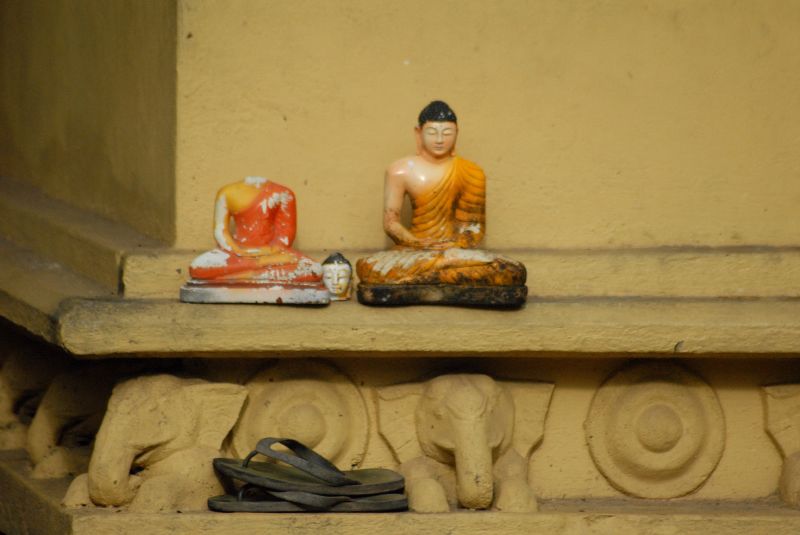


No comments:
Post a Comment